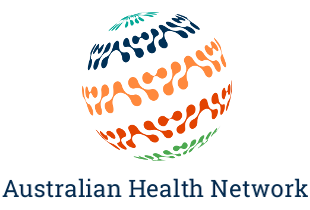Postponed until later this year
The AHN, in association with our long standing sponsor The University of Melbourne, is pleased to host our next event entitled “Families at Risk: bridging the translation divide between research, policy and practice”.
“Families at Risk” is a term typically used to describe families with complex issues. Complexity comes from one or more parent being out of work, poor mental health and/or substance abuse. A sobering fact is that relative poverty in Australia (14.4 per cent of the population) is higher than the OECD average (11.3 per cent). It’s a vicious circle and we’re not getting it right with our efforts to break the cycle.
The reality is that many of the risk factors that impact children during childhood and adolescence are carried forward to their adult lives. This manifests in a cycle of risk behaviours that unfold in families over many generations.
We recognise the complexity and interrelatedness of the family structure and poor outcomes in children. It is important to acknowledge that outcomes do not become clearly evident until much later. It’s a tough conundrum: which interventions work now, which ones will work in the long-term and which ones should we focus on?
The research is abundant: we have various frameworks to use and to guide us but there is a significant gap between what we know should be effective interventions and what we are actually doing in the field. This is the translation gap between research, policy and practice.
Please join our experts as they discuss and share their insights on what the practical applications are that should be used to improve outcomes for families at risk:


